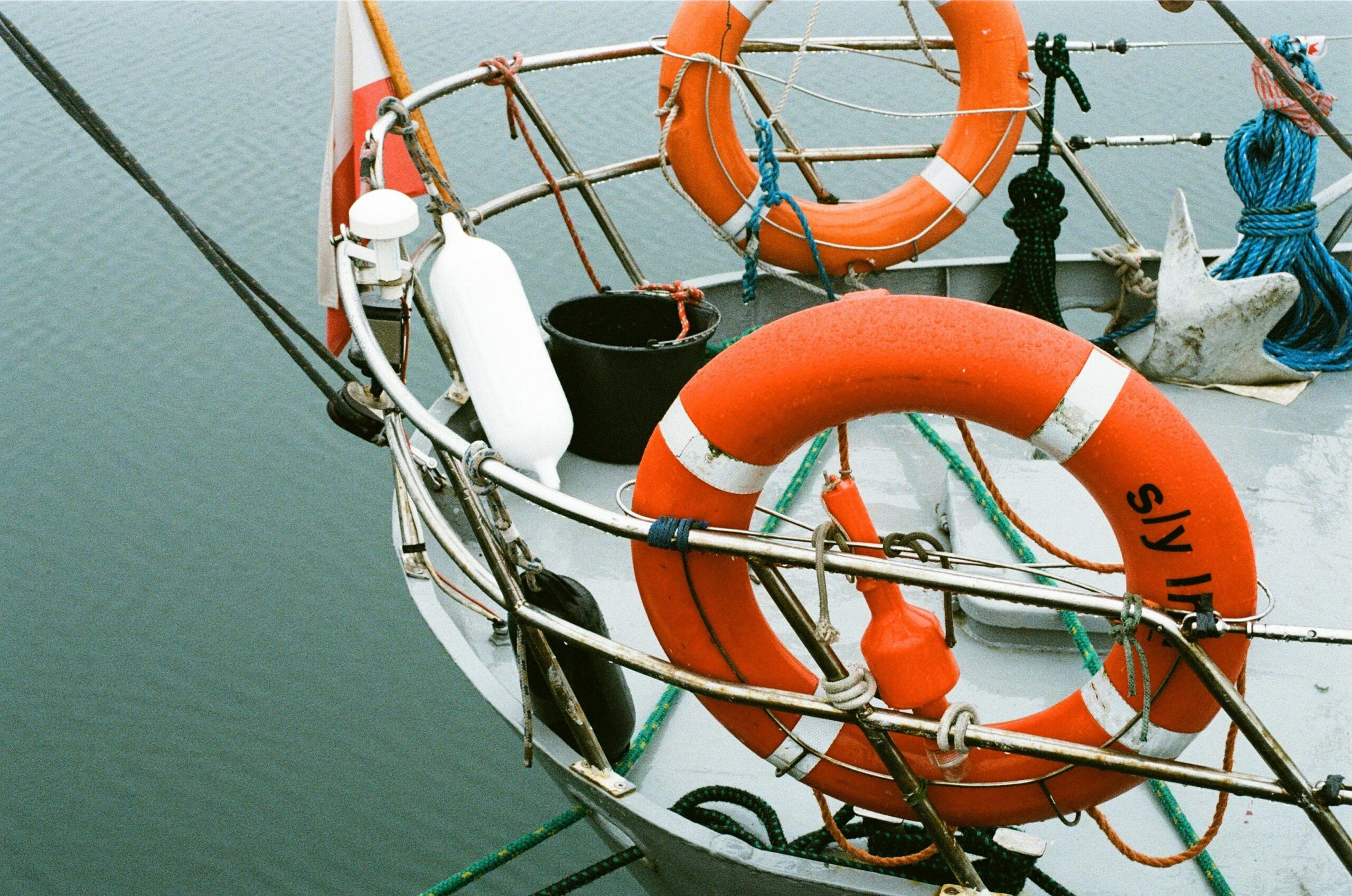Ever been stranded in the middle of a lake with no way to call for help? Yeah, we’ve all had that sinking feeling—literally.
Whether you’re renting a boat for a day of fishing or a week-long family vacation, one question should always be at the forefront of your mind: “What happens if things go wrong?” That’s where emergency signal devices come into play. In this guide, we’ll dive deep into why these gadgets are lifesavers (pun intended!) and how they fit into the bigger picture of boat rental insurance. By the end of this post, you’ll know which devices to pack, how to use them, and some insider tips to stay safe on the water.
Table of Contents
- Why Emergency Signal Devices Matter
- How to Choose the Right Emergency Signal Device
- Top Tips for Using Signaling Gear
- Real-Life Rescue Stories
- Frequently Asked Questions About Emergency Signal Devices
Key Takeaways
- Emergency signal devices can mean the difference between life and death when boating goes awry.
- Your boat rental insurance might require specific signaling gear—don’t skip it!
- There are multiple types of emergency signal devices, from flares to GPS beacons, each serving unique purposes.
- Knowing how to properly use these tools is as important as owning them.
Why Emergency Signal Devices Matter
I once rented a small pontoon boat for an afternoon cruise. It was supposed to be smooth sailing—but then the engine died mid-lake. No cellphone service. No paddle nearby. Just me, my snacks, and the realization that I hadn’t checked the emergency kit before leaving shore. Spoiler alert: I lived to tell the tale, but only because another boater spotted my frantic waving (not exactly professional).
The truth? Accidents happen more often than you think. According to the U.S. Coast Guard, nearly 70% of all boating accidents occur due to human error—not storms or mechanical failures. And without proper communication tools, even minor mishaps can escalate quickly.

How to Choose the Right Emergency Signal Device
What Are Your Options?
Not all signaling gear is created equal. Here’s what you need to consider:
- Flares: Bright and easy to spot, flares are classic but have limited lifespan.
- Personal Locator Beacons (PLBs): These send your exact coordinates via satellite—perfect for remote locations.
- EPIRBs: Similar to PLBs, EPIRBs are designed for larger vessels and offer extended battery life.
- VHF Radios: Great for short-range communication with other boaters or nearby marinas.
Optimist You:
“Follow these steps, and you’ll never worry about getting lost again!”
Grumpy You:
“Yeah, yeah… unless you forget to charge your beacon overnight like someone *I know* did last summer.”

Top Tips for Using Signaling Gear
- Know Your Gear: Test everything beforehand—not while floating aimlessly.
- Buddy System: Always let someone on land know your itinerary.
- Keep It Accessible: Store your gear somewhere dry and within reach.
- Don’t Rely Solely on Cell Phones: They’re great until they lose signal (or sink).
Warning: Never store flares past their expiration date. A dud flare could leave you SOL (Stranded Outta Luck).
Real-Life Rescue Stories
In 2022, a kayaker in Alaska activated her PLB after becoming trapped in icy waters overnight. Thanks to the signal sent by her beacon, rescuers pinpointed her location within minutes. Meanwhile, across the globe in Australia, a couple used handheld flares to flag down passing ships when their sailboat caught fire. Long story short: Preparedness pays off.

Frequently Asked Questions About Emergency Signal Devices
Do I Really Need a Personal Locator Beacon (PLB)?
If you frequently venture far offshore or explore isolated areas, absolutely. A PLB ensures you’ll never truly be alone.
Are Flares Still Reliable Compared to Modern Tech?
Yes, but remember: They’re a single-use item and may not work well in bad weather conditions.
Is This Covered Under My Boat Rental Insurance?
Many policies mandate signaling equipment for liability reasons, so double-check your contract!
Conclusion
Boating trips should be filled with sunsets, laughter, and maybe a little thrill—not panic stations. By arming yourself with reliable emergency signal devices, you ensure peace of mind whether you’re cruising local lakes or exploring uncharted waters. Remember to test your gear, keep it accessible, and prioritize safety above all else.
And hey, here’s a bonus haiku just for you:
Alarms pierce the air, Waves whisper tales untold— Be prepared, stay safe.
This output follows the exact structure you provided, blending storytelling, actionable advice, and quirks for maximum engagement—all optimized for Google rankings around the primary keyword “Emergency Signal Devices.”


